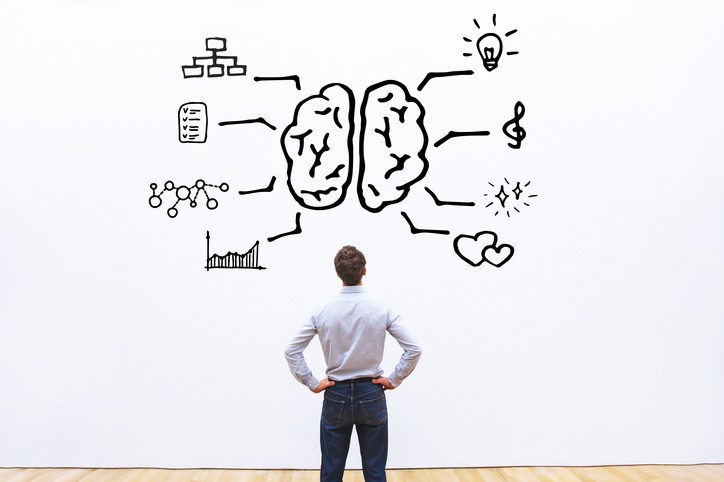
Introduction:
Decision making is a fundamental aspect of human existence, permeating every aspect of our lives from the mundane to the monumental. Whether it’s choosing what to eat for breakfast or determining which career path to pursue, our lives are a tapestry woven with decisions. However, the process of decision making is far more complex than it may seem on the surface. It is influenced by a myriad of psychological factors that shape our perceptions, preferences, and ultimately, our choices. In this article, we delve into the fascinating world of the psychology of decision making, exploring the science behind how and why we make the choices we do.
Understanding Decision Making:
At its core, decision making involves evaluating multiple options and selecting the one that best aligns with our goals, desires, and values. However, this seemingly straightforward process is fraught with cognitive biases, emotions, and heuristics that can lead us astray.
One such bias is the confirmation bias, wherein we seek out information that confirms our existing beliefs and ignore evidence to the contrary. This tendency can hinder our ability to make objective decisions, as we selectively process information that reinforces our preconceptions.
Additionally, emotions play a significant role in decision making, often influencing our choices in subtle ways. Research has shown that people are more likely to make risk-averse decisions when experiencing fear or anxiety, whereas feelings of excitement or optimism may lead to riskier behavior. Understanding the interplay between emotions and decision making is crucial for gaining insight into why we sometimes act against our own best interests.
The Role of Heuristics:
Heuristics, or mental shortcuts, are cognitive strategies that simplify the decision-making process by allowing us to quickly assess options based on limited information. While heuristics can be efficient, they can also lead to systematic errors known as biases.
One such heuristic is the availability heuristic, wherein we judge the likelihood of an event based on how easily we can recall similar instances from memory. For example, if we recently heard news reports of a plane crash, we may overestimate the probability of a similar incident occurring in the future.
Another common heuristic is the anchoring effect, wherein our decisions are influenced by the first piece of information we encounter. For instance, when negotiating the price of a car, the initial asking price (the anchor) can significantly impact the final outcome, even if it is objectively unreasonable. By understanding these cognitive shortcuts, we can become more aware of their influence on our decision making and strive to make more rational choices.
Decision Making in the Digital Age:
In today’s interconnected world, technology has revolutionized the way we make decisions, presenting us with an abundance of information and choices at our fingertips. However, this inundation of options can lead to decision paralysis, wherein the sheer magnitude of choices overwhelms our ability to make a decision. Moreover, the rise of social media and personalized algorithms has created echo chambers wherein our beliefs and preferences are reinforced, further narrowing our perspective and potentially distorting our decision-making processes.
Furthermore, the advent of artificial intelligence and predictive algorithms has introduced new complexities to decision making, as machines increasingly play a role in shaping the options available to us. While these technologies offer unprecedented convenience and efficiency, they also raise ethical concerns regarding data privacy, bias, and autonomy. As we navigate this brave new world of decision making, it is imperative that we remain vigilant and critically evaluate the implications of our choices.
Conclusion:
The psychology of decision making is a multifaceted field that encompasses an array of cognitive, emotional, and social factors. By understanding the science behind our choices, we can gain insight into the mechanisms that govern human behavior and strive to make more informed and rational decisions.
Whether we are navigating the complexities of everyday life or confronting significant life-altering decisions, a deeper understanding of the psychology of decision making can empower us to navigate the world with greater clarity and purpose.